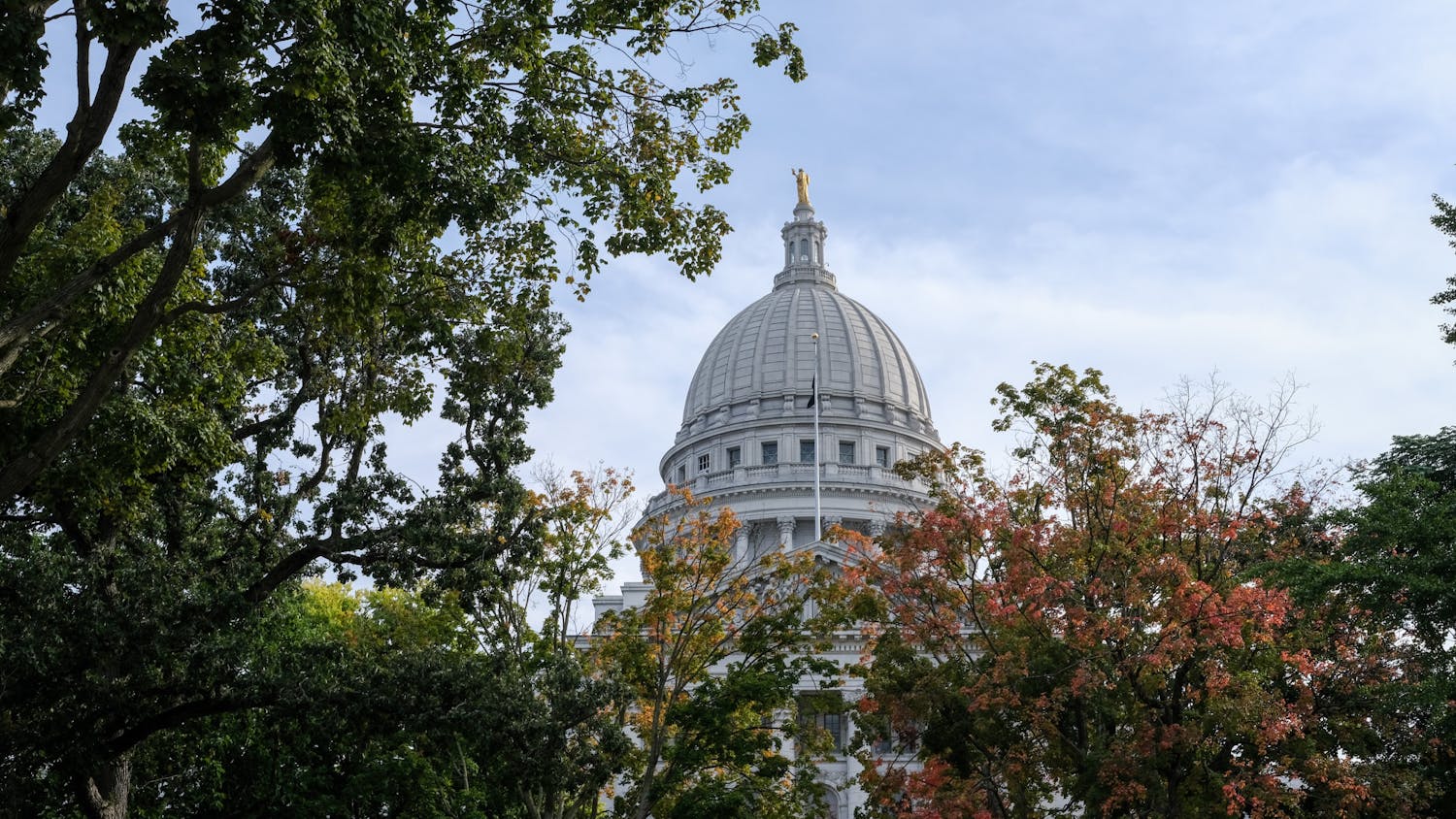Spending $554 million on research and development in the 1999-'00 school year, UW-Madison has risen to become the second-ranked university in the nation in terms of research spending, according to UW-Madison figures released this week.
UW-Madison surpassed the University of Michigan, which spent $552 million, but still trails The Johns Hopkins University, an institution which continues to dominate research expenditures by spending $901 million.
Martin Cadwallader, interim dean of UW-Madison's Graduate School, will deliver a report on research to the UW System Board of Regents Thursday. He said he was pleased with the continued increase of research funding at UW-Madison and was optimistic about the learning opportunities it would bring the school.
\We're excited,"" Cadwallader said. ""This is kind of an important ranking for us.""
The majority of funding for research came from federal grants, Cadwallader said. He also noted that more than 50 percent of UW-Madison's total research funding came from the National Institute of Health, while the National Science Foundation contributed another 18 percent of the total.
Grant dollars are allotted to staff and faculty members who submit proposals for research and cannot be used for any other purpose.
As the grants come primarily from federal sources, Cadwallader said he doubted proposed state cuts to the UW budget will affect total research spending.
Bob Skloot, associate vice chancellor of the Provost Office, said research is a cornerstone of university success. An increase of funding brings an increase of educational opportunities, he added.
""Faculty's doing research is helpful to them and to students and to the community and to the creation of knowledge, and that is one of the missions of our university,"" he said.
Mary Rouse, director of the Morgridge Center for Public Service, said there were benefits of community-based research. She also said UW-Madison professors are committed to research, teaching and service and that research has tangible benefits to classroom learning.
""Our very best researchers are also our very best teachers,"" Rouse said.
The Medical School at UW-Madison received the largest share of the school's research grants with 31 percent. This was followed by the College of Letters and Science with 16 percent, College of Engineering with 16 percent, College of Agricultural and Life Sciences with 15 percent, the Graduate School with 11 percent and the School of Education with 4 percent. The final 7 percent was shared among remaining units.
Cadwallader noted that the NIH and NSF are scheduled to receive respective budget increases of 15 and 9 percent, and he is hopeful that the school will be granted even more research funding for the 2002-'03 school year.
""With an increased pool of available funding, we hope to see another substantial increase in research awards this year,"" Cadwallader said.





